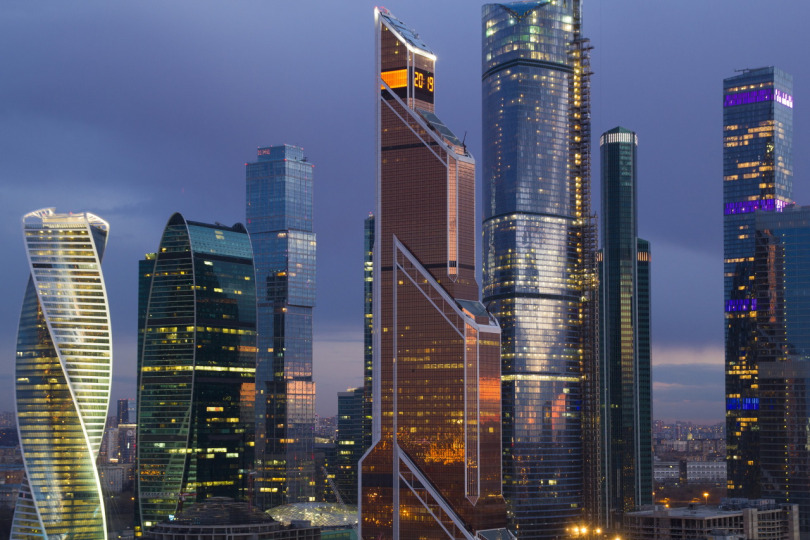Normally, parents help shape their children's attitudes towards money. In their study "Adults' Perceptions of Pocket Money and Cash Rewards as Tools of Children's Economic Socialization," Alina Pishnyak and Natalia Khalina compare parental attitudes towards pocket money in the U.K., Germany, and Moscow, Russia. Their findings concerning Moscow are based on data from the Moscow and Muscovitessurvey of 3,109 adult respondents, of whom 75% were parents, conducted by the Institute of Humanitarian Megacity Development in 2014. According to the study's authors, most parents begin educating their children about money at the age of six.
News
How can cooperation among BRICS countries be built in the modern era? What can contribute to the economic growth of China and Russia? These are the key issues of the Summer School on ‘Economics and Business in BRICS: Perspectives for Russia and China’ that took place in Saint Petersburg in August 2016.

In recent years in Russia, female smoking has increased, while the opposite holds true for men; in addition to this, smoking has increased at higher rates among those with lower levels of education compared to more educated Russians.
This is the conclusion reached by researchers from the HSE’s Institute for Statistical Studies and Economics of Knowledge (ISSEK), based on a survey of people aiming to establish the level of trust members of the general public have in science and technology.
This summer Helsinki hosted the large annual conference of the European Association for the Study of Religions. Iliyana Angelova (University of Oxford / University of Tuebingen) and Ksenia Medvedeva (HSE) share their impressions from the event and reflect on their experiences of having convened a session at an international conference of such a scale.
-японцы.jpg)

On July 23-28, 2016, the 24th IPSA World Congress of Political Science ‘Politics in a World of Inequality’ was held in Poznan, Poland. The event was organized by the Polish Association of Political Science and the Faculty of Political Science and Journalism of Adam Mickiewicz University. Over 3000 researchers, scholars and experts in political science and related fields from over 100 countries (including lecturers, students and doctoral students from HSE Faculty of Social Sciences) took part in the event. Plenary meetings, over 600 research panels as well as lectures by renowned experts, dedicated to topical issues of world policy and political sciences, were held during the congress.
Ivan Smirnov graduated from his master’s programme in Paris and hadn’t really considered coming back to Russia. But that was before he learned about the full-time advanced doctoral programme at HSE. The programme has some unique advantages among Russian programmes, which make it comparable to European PhDs.
